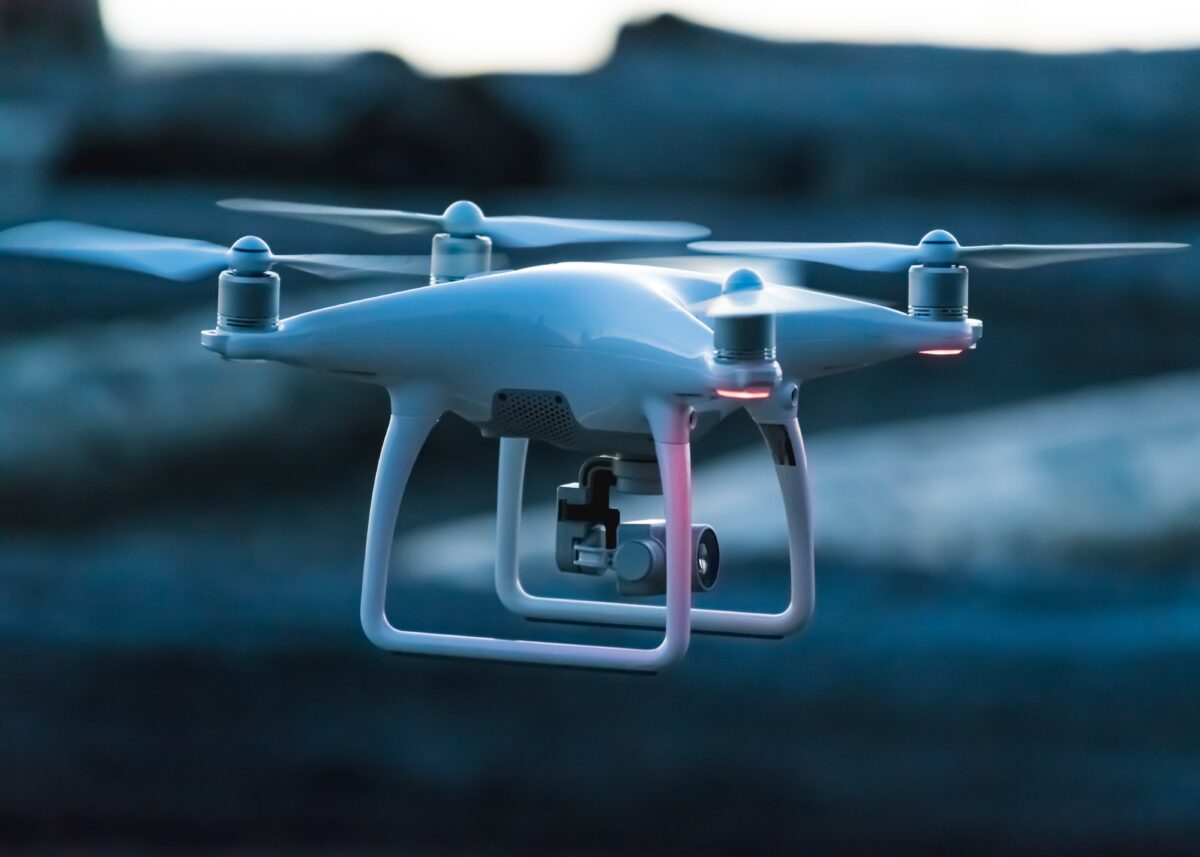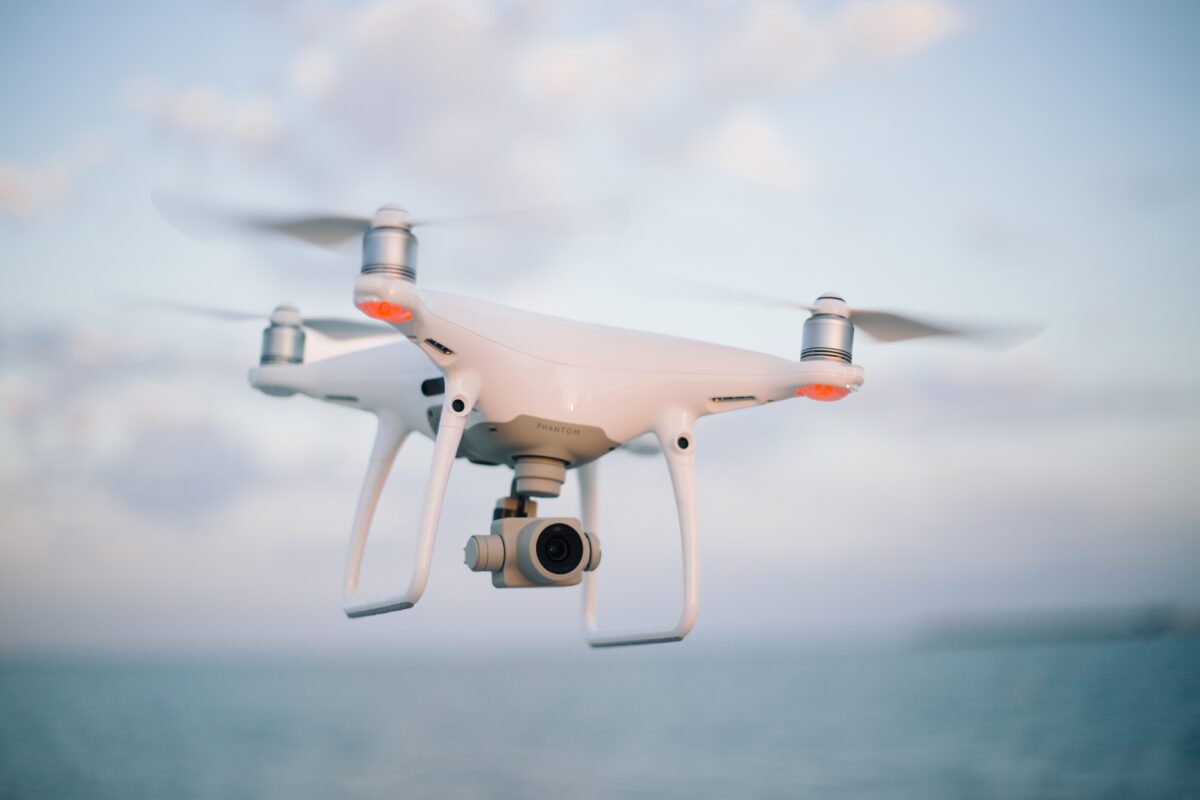Do I need a license to fly a drone?
Introduction:
Drones, also known as unmanned aerial vehicles (UAVs), have become increasingly popular in recent years. They are used for a variety of purposes, including aerial photography, surveillance, search and rescue operations, and delivering packages. In this article, we will explore the requirements for flying a drone, specifically, whether or not you need a license.
Types of drones:
There are three main types of drones: recreational, commercial, and government. Recreational drones are used for personal use and are often purchased by hobbyists. Commercial drones are used by businesses for tasks such as aerial photography and package delivery. Government drones are used by law enforcement, military, and other government agencies.
FAA drone regulations:
The Federal Aviation Administration (FAA) is responsible for regulating drone usage in the United States. The FAA has different regulations for each type of drone.
For recreational drones, the FAA requires that the drone weigh less than 55 pounds and be flown below 400 feet. Additionally, the drone must be flown within the pilot’s visual line of sight, and the pilot must be at least 16 years old.
For commercial drones, the FAA requires that the pilot hold a Remote Pilot Certificate, which is obtained by passing the FAA’s Part 107 exam. The drone must also be registered with the FAA, and the pilot must follow specific rules regarding airspace, altitude, and flight paths.
For government drones, the FAA requires that the pilot hold a government-issued certification. Government drone usage is subject to additional regulations and requirements.
Do I need a license to fly a drone?
The answer to this question depends on the type of drone you are flying. For recreational drone pilots, a license is not required. However, there are specific requirements that must be met, as outlined by the FAA.
For commercial drone pilots, a Remote Pilot Certificate is required. This certificate is obtained by passing the FAA’s Part 107 exam, which covers topics such as airspace, weather, and drone operation. The certificate is valid for two years and must be renewed by passing a recurrent knowledge test.
For government drone pilots, a government-issued certification is required. The requirements for this certification vary depending on the agency and the intended use of the drone.
How to obtain a drone pilot license:
To obtain a drone pilot license, there are specific steps that must be taken.
For commercial drone pilots, the following steps must be followed:
- Study for the Part 107 exam: The FAA provides study materials for the exam, which covers topics such as airspace, weather, and drone operation.
- Schedule the exam: The exam can be taken at an FAA-approved testing center.
- Pass the exam: The exam consists of 60 multiple-choice questions and must be completed within two hours. A passing score is 70% or higher.
- Obtain a Remote Pilot Certificate: After passing the exam, the pilot can apply for a Remote Pilot Certificate through the FAA’s online system.
For recreational drone pilots, the requirements are less stringent. However, it is still important to follow best practices and ensure the safety of those around you.
The following steps should be taken:
- Register your drone: All drones weighing between 0.55 and 55 pounds must be registered with the FAA.
- Label your drone: The FAA requires that all registered drones have a label with the registration number visible on the outside.
- Follow safety guidelines: The FAA has established safety guidelines for recreational drone pilots, which include flying below 400 feet, avoiding airports and other restricted airspace, and flying in good weather conditions.
Government drone pilots must follow their agency’s specific guidelines for obtaining certification and operating drones.
Conclusion:
In conclusion, the requirements for flying a drone depend on the type of drone and the intended use. Recreational drone pilots do not need a license, but there are specific requirements that must be followed. Commercial and government drone pilots must obtain certification and follow specific regulations. It is important to follow all FAA guidelines and best practices to ensure the safety of those around you.
FAQs:
- Can anyone fly a drone without a license?
- Recreational drone pilots do not need a license, but there are specific requirements that must be met.
- What is a Remote Pilot Certificate?
- A Remote Pilot Certificate is required for commercial drone pilots and is obtained by passing the FAA’s Part 107 exam.
- Are government drone pilots subject to the same regulations as commercial pilots?
- No, government drone pilots are subject to their agency’s specific guidelines and regulations.
- How long is a Remote Pilot Certificate valid?
- A Remote Pilot Certificate is valid for two years and must be renewed by passing a recurrent knowledge test.
- What are some of the safety guidelines for recreational drone pilots?
- Safety guidelines for recreational drone pilots include flying below 400 feet, avoiding airports and other restricted airspace, and flying in good weather conditions.



